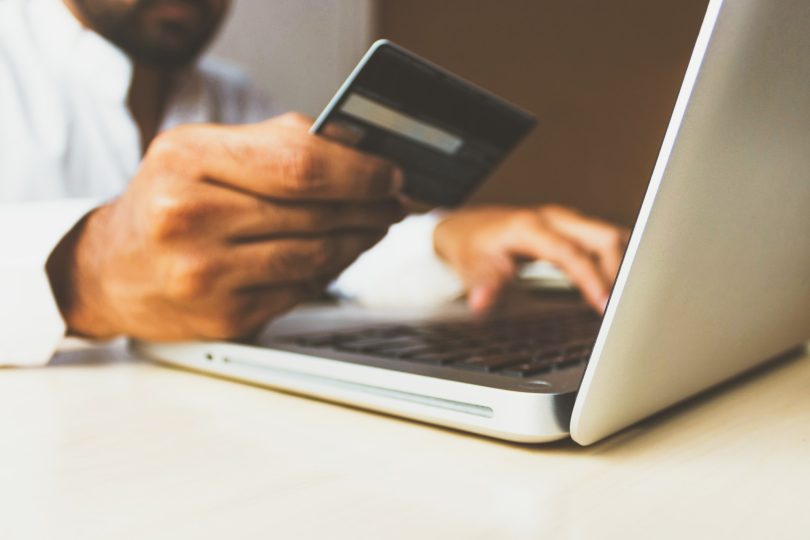[ad_1]
The U.S. Census estimates that total e-commerce sales rose to $870.8 billion in 2021, a staggering increase of 14.2% from 2020. The top four global online marketplaces alone receive nearly 8 billion visits a month, and that’s just a fraction of the total number of online market visits reported. In an EverC survey conducted in November and December of 2021, 72% of shoppers report using e-commerce marketplaces once a month or more.
However, customer loyalty to individual brands has plummeted, and buyers are experimenting with new shopping alternatives at unprecedented rates. In fact, 75% of U.S. consumers tried a new shopping behaviour in response to economic pressures, store closings, and changing priorities over the past two years. Although businesses have replaced government and media as the most trusted institutions in 2021, 74% of consumers say they will stop purchasing from brands that break their trust.
What this means is that to thrive today, companies need to maintain customer trust or risk losing market share and revenue. Brand trust and reputation now demand more than lip service — they’re moving from nice-to-haves to foundational requirements for doing business in online commerce. Yet at the same time, we are also experiencing explosive growth in the sale of counterfeit and pirated goods across the digital world, especially on the most popular e-commerce platforms and online marketplaces such as Amazon. And each of these sales represents not only a threat to consumer trust but risks can extend to physical, legal and financial damages.
To understand the extent and impact of fraud on marketplaces, consider this: nearly $1 trillion worth of fake goods flood the global economy each year. Amazon blocked 10 billion attempted counterfeit listings in 2020 alone while seizing more than 2 million counterfeit products. And most fake goods are ordinary consumer items that people trust, such as baby formula, hand soap and bike helmets, not exotic couture products.
The Crisis for Ecommerce
Sales of counterfeit goods or controlled substances can result in legal actions, stiff fines, and regulatory exposure. They also have a direct impact on brand trust for e-commerce marketplaces. Four in ten consumers (41%) say their experiences receiving fraudulent products have negatively impacted their willingness to make purchases from e-commerce sites, while 88% of Americans think e-commerce marketplaces should be liable for counterfeit, illegal products sold on their websites.
Online retailers may think they only need to focus on their own compliance strategies to protect themselves from these risks. However, damage to brand trust laches on to the entire marketplace experience. When consumers have an unfavourable experience with one online market site, they can easily lose confidence in the overall process. They may feel that more trustworthiness is provided by shopping on the websites of individual brands or, as the pandemic recedes, in brick-and-mortar shops.
The risks posed by counterfeit products are unsustainable for online marketplaces and they are unacceptable for online consumers. This is why SaaS products are now being developed to quickly provide what no human-based process ever could: the ability to identify and eliminate rogue listings from the billions of items for sale online.
Driven by artificial intelligence and machine learning, these platforms can identify illicit products at scale to offer brand protection and regulatory compliance. So, with greater visibility into the dark corners of the web, e-commerce marketplaces can move to eliminate counterfeit products, ensure shopper safety and peace of mind, and defend both their reputations and their bottom lines.
Written by Noam Rabinovich, Co-founder of EverC
[ad_2]
Source link








